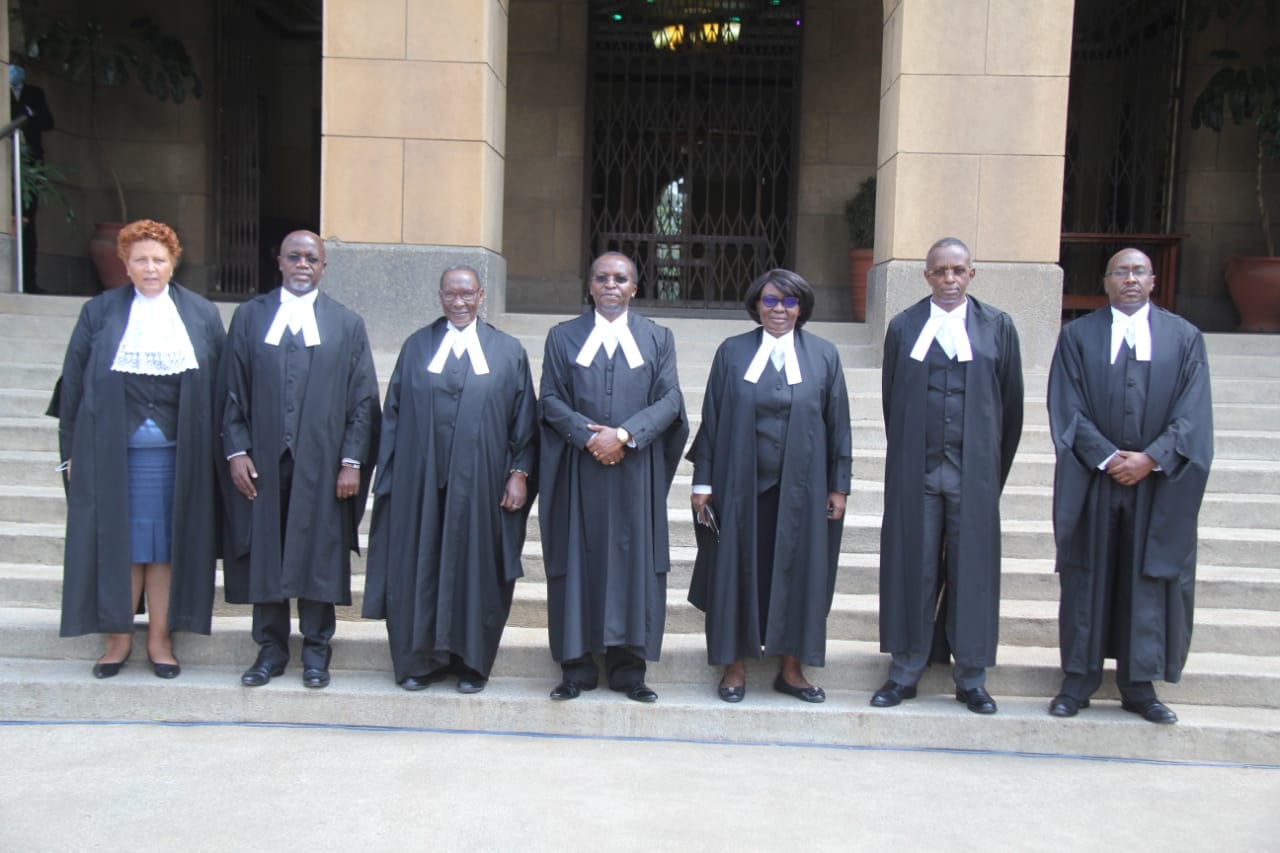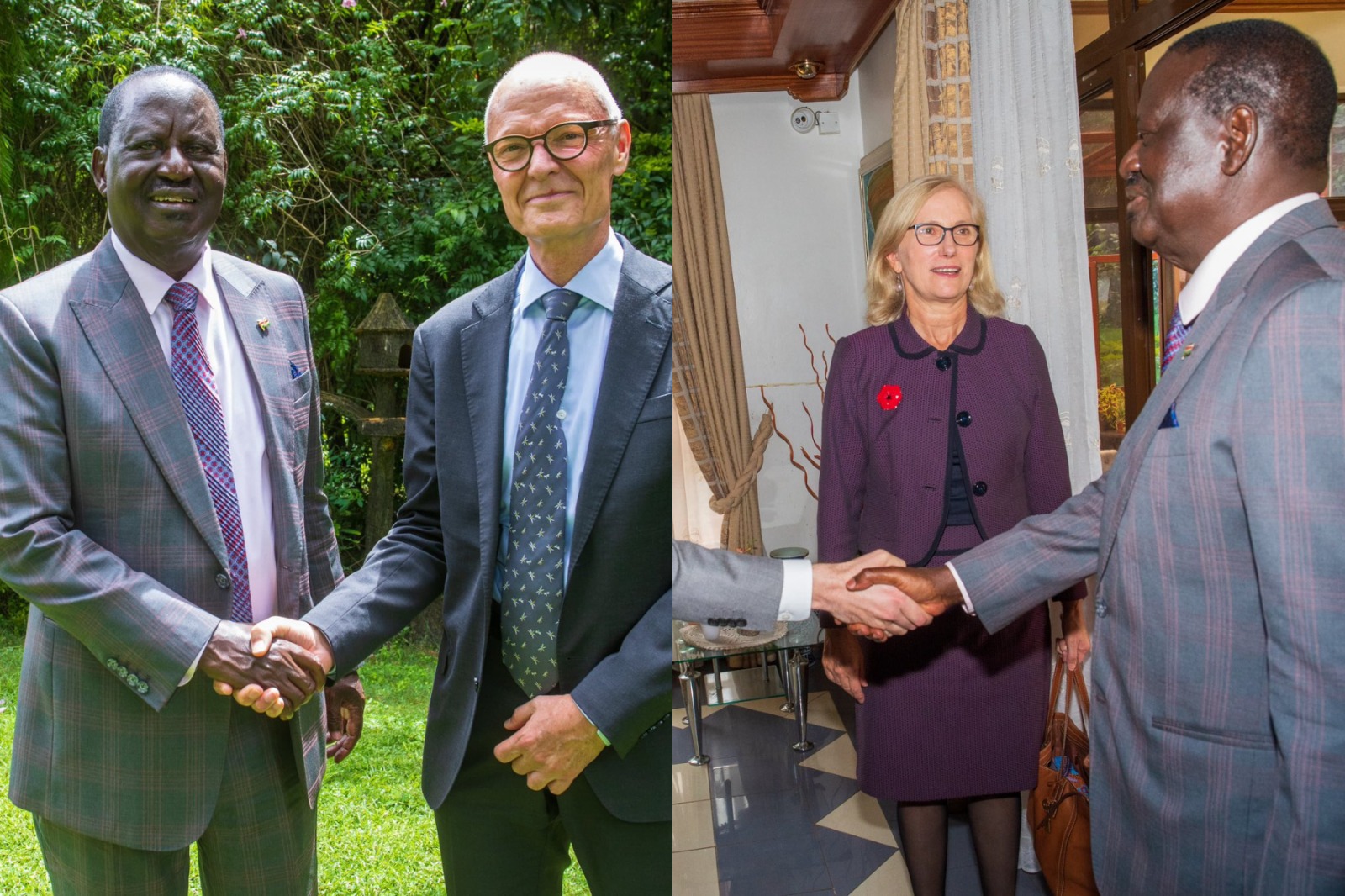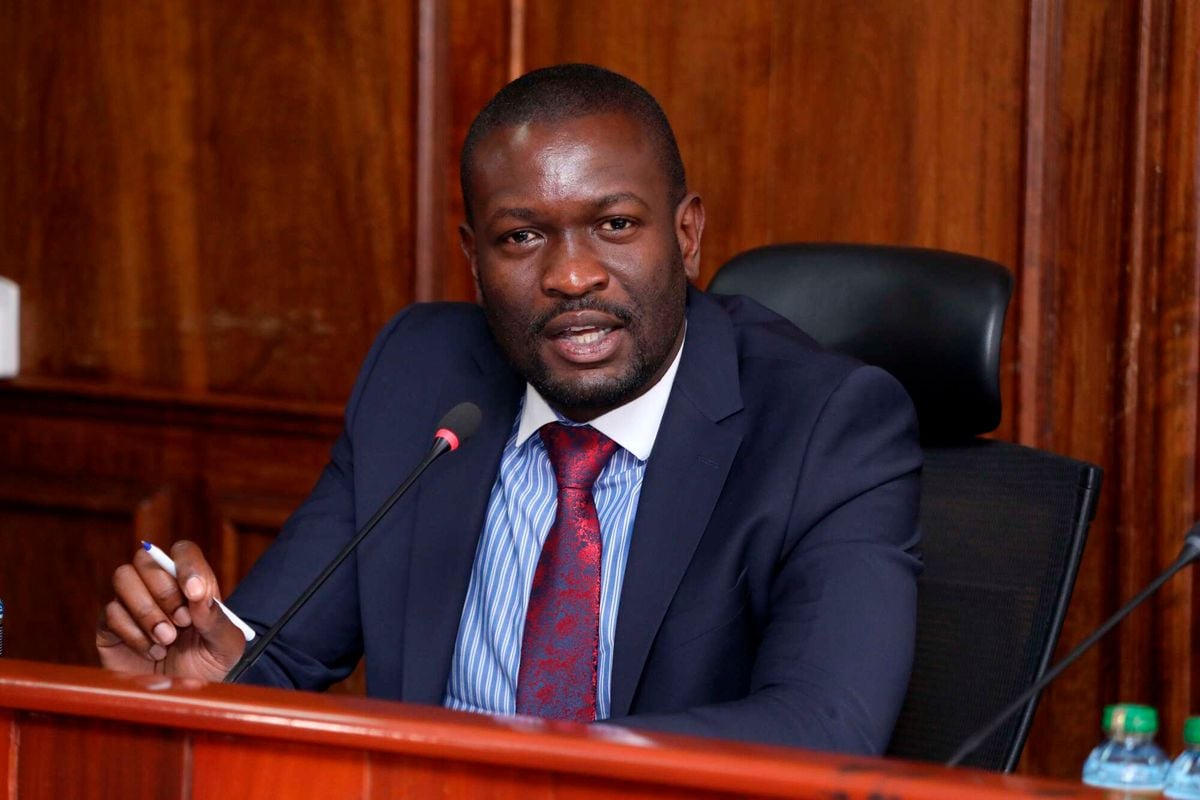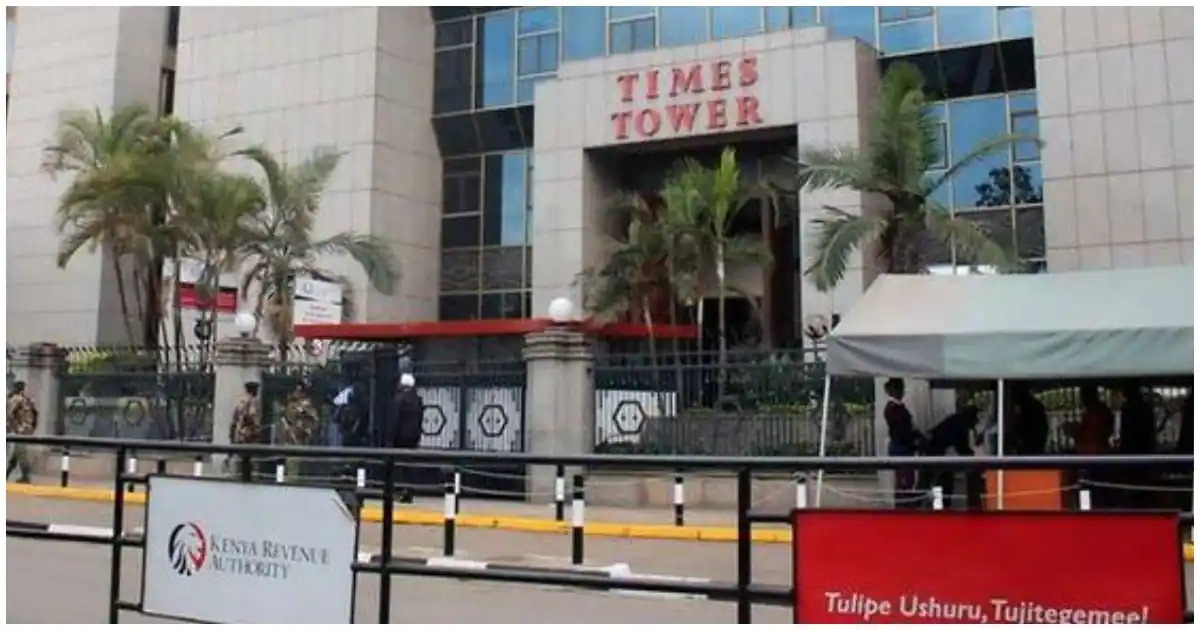The Court of Appeal is currently issuing its ruling on the BBI appeal case challenging the decision of the High Court that found BBI to be unconstitutional.
The ruling is being delivered in portions, with each judge reading a specific section of the court's determination in regards to the case.
In this article, we summarize how the individual judges are ruling in regards to specific issues on the case.
Justice Francis Tuiyot
He tackled the question of the Basic Structure Doctrine and agreed with the lower court that Kenya's Constitution has a basic structure.
Read More
"Making and unmaking of the Constitution is a preserve for we the people exercising primary constituent power and should not be codified...What constitutes the basic structure of our constitution is easily identifiable," he ruled.
He also tackled the issue of quorum at IEBC at the time of verifying the BBI signatures, noting that the polls body lacked sufficient quorum.
"IEBC was not quorate when it embarked on the business of verifying BBI signatures. The Commission needed to be in the right quorum," Justice Francis Tuiyot ruled.
Justice Fatuma Sichale
She also tackled the issue of basic structure of the Constitution where she ruled that the High Court erred in declaring that the amendments proposed in the BBI are unconstitutional.
"There are explicit provisions in the 2010 constitution providing for amendment and therefore there is no reason to look outside the constitution," she ruled.
On the role of the President in initiating a popular initiative, Justice Sichale held the view that: "...His excellency cannot be a Wanjiku. I'm in agreement with the findings by the High court that His Excellency the President can not initiate changes to the constitution through a popular initiative as provided by the Constitution in article 257," she said.
On whether IEBC had quorum to act on BBI signature verification exercise, Sichale held the view that verification of signatures was not null and void. She argued that the exercise did not require a quorum at the IEBC.
Justice Gatembu Kairu
In his ruling, Justice Gatembu found that basic structure doctrine is applicable in the law. He argued that the doctrine seeks to bar dismemberment of the Constitution.
"The Basic Structure Doctrine is applicable in Kenya. In its application in the context of a constitution, it bars the dismemberment, replacement or abolition of the constitution in the name of amendment," he ruled.
On whether there was public participation in the BBI process, Justice Gatembu said: "I'm in agreement with the High Court that there is a legal requirement under article 10 of the Constitution for voters to be supplied with adequate information to make informed decisions. There is no evidence that was done in this case."
On the President's participation in the BBI process, Justice Gatembu held the view that the President was acting in an official capacity and not as a private citizen.
Regarding the question on whether the polls body had quorum to conduct verification of BBI signatures, Justice Gatembu ruled that IEBC lacked quorum to carry out the verification of signatures as required by law.
Justice Patrick Kiage
Justice Kiage addressed several issues including public participation, which in his views was not conducted in accordance with the law.
"The people were not mere observers or peripheral players in the making of the 2010 Constitution. They were wielders and shapers of destiny not mere instrumentalities for the formal adoption of a document conceived, gestated and birthed by the political power elites," Kiage ruled.
On the amendments suggested in the BBI Bill, Justice Kiage noted that they have far-reach consequences on the Constitution.
"I agree with the learned judges that the amendments proposed by the BBI initiative and bill were so far reaching in character, scope and content as to shake the foundation and alter the identity of the constitution....They were effectively dismembering the constitution, blasting so huge a hole and essentially create a new constitutional order," he said.
Justice Hannah Okwengu
In her ruling, Justice Okwengu addressed several issues with the major one being that the BBI process did not adhere to requirements of public participation.
"No evidence was presented to show there was meaningful public participation. This rendered the process Constitutionally unsustainable. BBI Steering Committee failed to involve members of the public effectively," she ruled.
Justice Roselyne Nambuye
Justice Nambuye's agreed with most of the rulings delivered by her colleagues.
She, however, singled out a provision in the BBI Bill seeking for addition of 70 new constituencies. According to her, the proposal is unconstitutional.
Justice Daniel Musinga (President Court of Appeal)
He delivered the final ruling of the court which upheld the High Court decision on the matter.






-1710390248.jpg)